Some days, her man was kind with his words; he was considerate and passionate, and most days, his words were knives with which he carved her up, piece by piece, tearing her apart and conforming her into his ideal of docile submissiveness.
With each verbal assault, a part of her died. Her self-esteem took a chip with each cruel word and insensitive action. Her psyche mourned the loss of that little girl who once believed she could be everything and do anything she set her mind on.
Life had happened, and that little girl grew into a dispassionate woman, quickly realizing that the dominant male in her life had broken her and taught her to lose faith in herself. Life became a paradox – an entanglement where her father had taught her to think and dream, only to be shot down and damaged by a husband.
However, coming to Canada brought a fresh start. For her, it was a much-needed breath of air in a world surrounded by drowning waters. A place where she could just BREATHE and find herself. It was home; it was pure, unadulterated freedom.
And so she began climbing the ladder, one step at a time. Moving steadily but surely, having faith and believing for a better tomorrow. As she climbed, her confidence grew, and she picked up the drill and tools she needed to hang the rail until finally, she hung the first curtain and, eventually, all the curtains in her new home.
With time, she cocooned her space in love and warmth and was grateful for the lessons she learned and the woman she was becoming.
Statistics show that verbal abuse is the most common form of non-physical violence, and it is estimated that one in four women worldwide has experienced emotional abuse since their teenage years.
Dumebi writes her story from Saint John, New Brunswick.

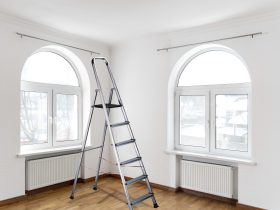



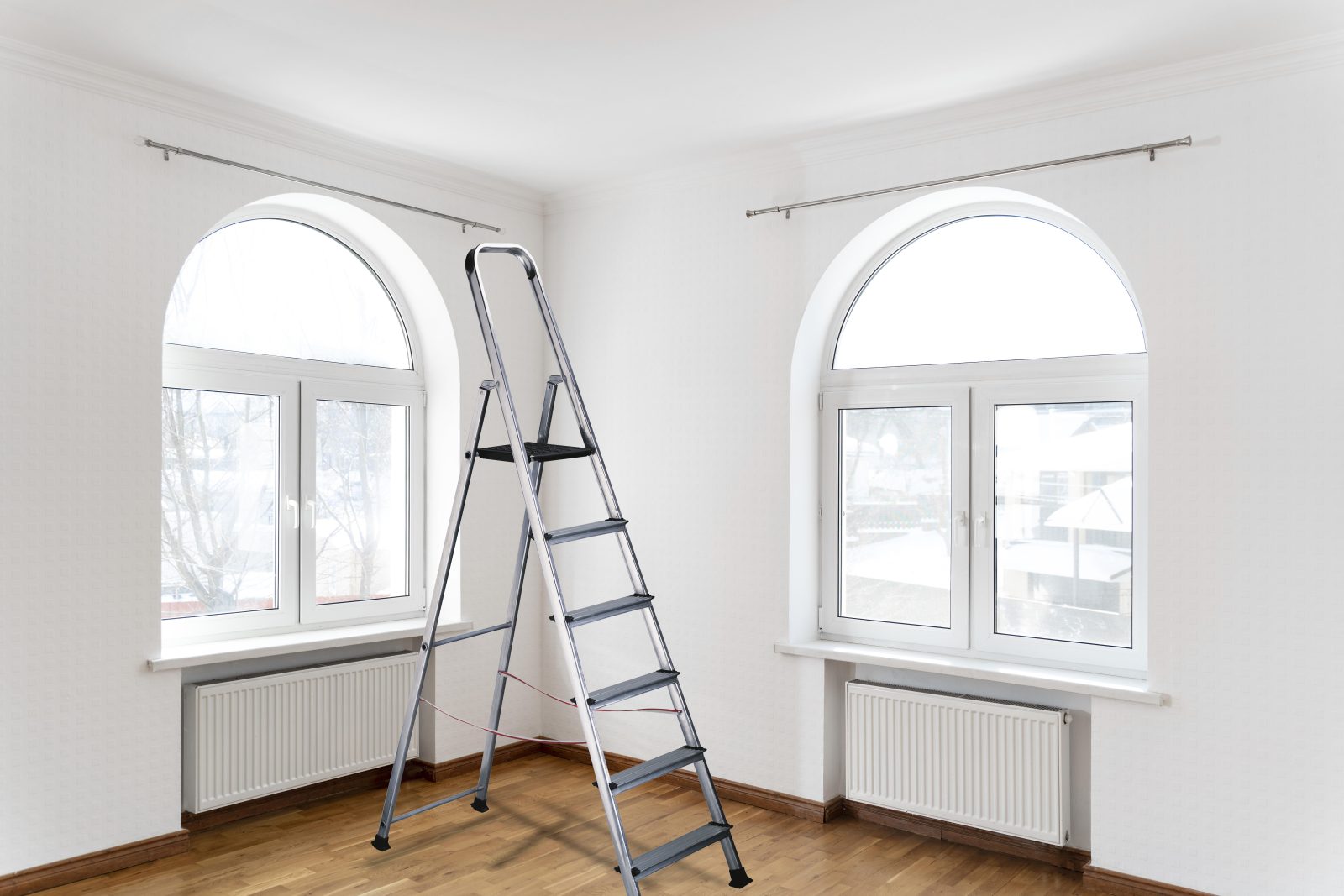




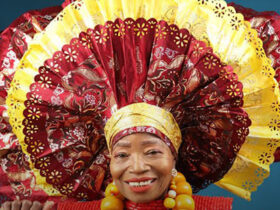

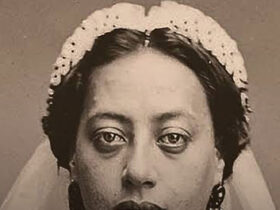

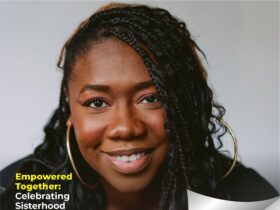

This is a beautiful piece.